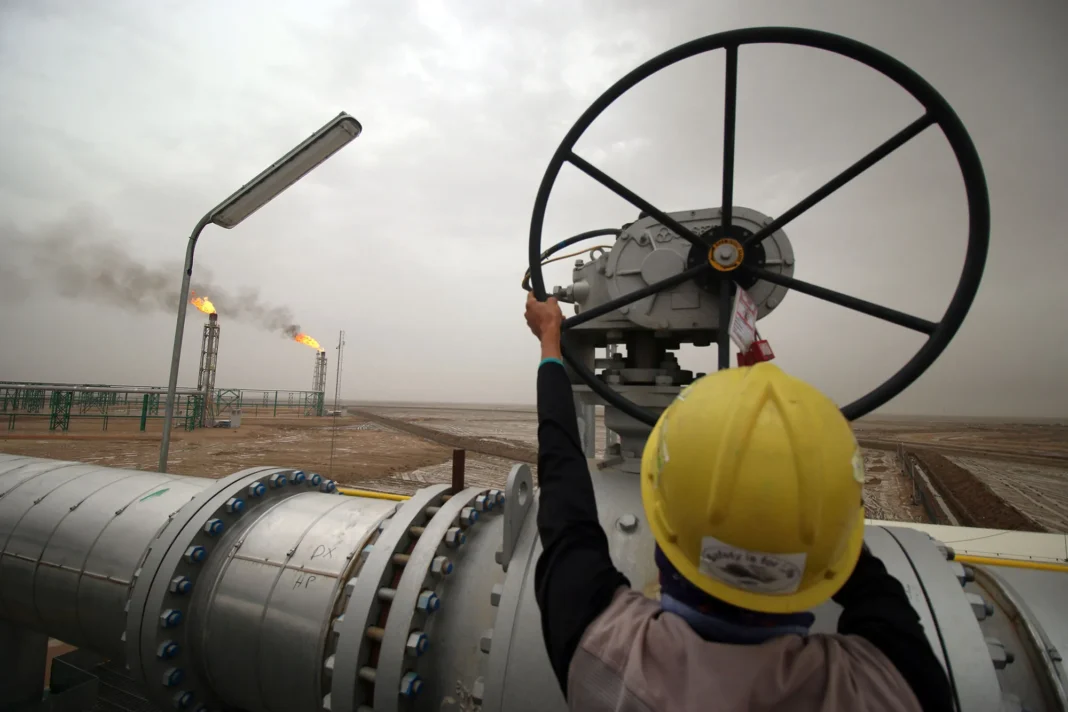Iraq reduced its crude oil exports in May, lowering output to 4 million barrels per day. This move came as part of efforts to meet production targets set by OPEC+. The decision reflects the country’s response to increasing pressure from the alliance after several months of overproduction. The Iraq oil export cut highlights how seriously the government is taking its role within OPEC+.
The reduction marked a drop of 50,000 barrels per day compared to April. While this change may seem small, it is an important signal of Iraq’s attempt to align more closely with its quotas. The cut also comes at a time when OPEC+ production rose overall. The bloc’s total reached 41.19 million barrels per day in May.
Eight member countries—including Iraq—had previously begun to unwind voluntary cuts. These cuts, totaling 2.2 million barrels per day, were initially made to support oil prices. Now, the focus has shifted. Member states are aiming to protect market share as global demand rises. This shift has sparked competition among key oil producers.
Iraq joined Saudi Arabia, Russia, the UAE, Kuwait, Kazakhstan, Oman, and Algeria in agreeing to increase their collective output. Between May and July, their combined production will grow by 411,000 barrels per day. However, Iraq also pledged to make corrective cuts during this same period to balance its earlier overproduction.
According to OPEC data, Iraq and Kazakhstan were expected to handle most of the 378,000 barrels per day in planned cuts for May. These adjustments were necessary to bring both countries in line with agreed quotas. For Iraq, meeting these targets has not been easy. Over 90% of its government revenue comes from oil, making cuts financially painful.
Still, the Iraq oil export cut shows that the country is attempting to improve compliance. The global oil market continues to change, and producers must now balance supply with market conditions. As oil demand grows, especially in Asia, competition for market share is becoming fierce. Iraq must now navigate both external pressure and internal financial needs.
These efforts may help Iraq avoid future penalties or deeper scrutiny within OPEC+. The situation remains dynamic, but for now, Iraq appears to be cooperating with the group’s strategy. As long as global demand holds strong, maintaining discipline may help stabilize prices and strengthen Iraq’s role in the market.


